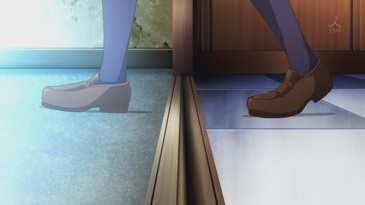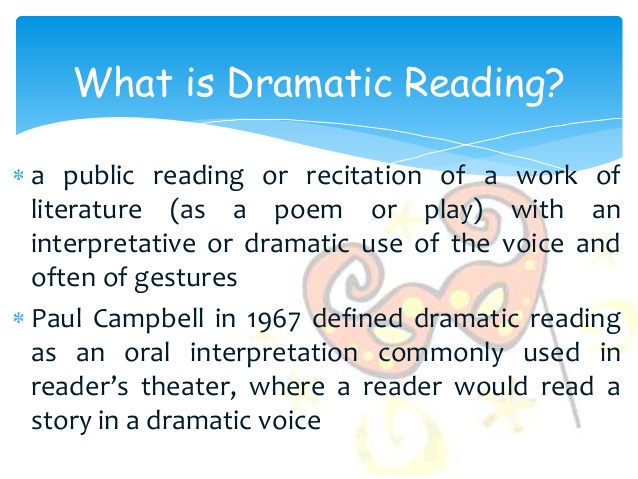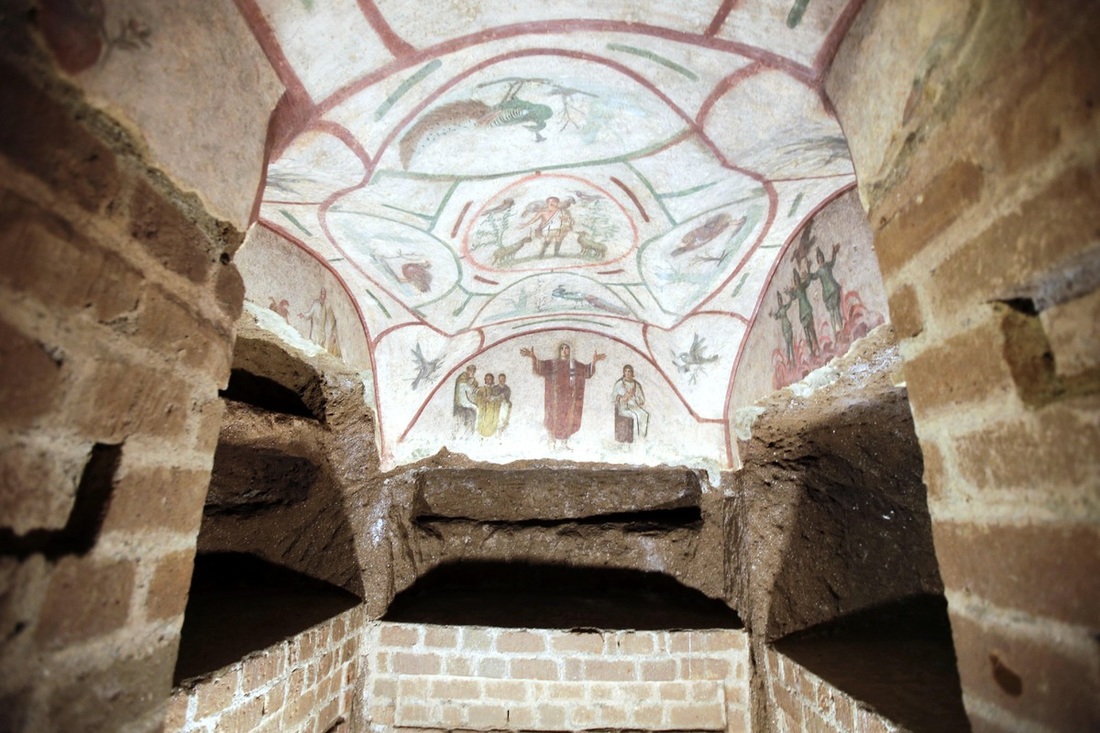|
The text for the Narrative Lectionary is Mark 16:1-8. I will include Mark 15:33-41  I was reminded of Joseph Campbell and the monomyth concept where a hero crosses a threshold. Crossing the threshold is where "thee person actually crosses into the field of adventure, leaving the known limits of his or her world and venturing into an unknown and dangerous realm where the rules and limits are not known. You can read more about it here at the wiki site. Thresholds have always been important to me. When I have a difficult meeting or an important appointment, I am always mindful of stepping over the threshold of the doorway. I am mindful of my own attitude, my mindset, and my emotions. I try to take a breath as I move from one space to another. Space is important. And how we embody the space is determined very much by our expectations. What is the expectation of the women as they cross the threshold of the tomb? What is our expectation when we cross the threshold of God's presence in prayer, in worship, in relationship? As I imagine the women entering the tomb on Easter, I am wondering about how this may connect to the curtain being torn in two. These women have crossed a threshold that on a cosmic level has also opened. The curtain of the temple is torn, open access to the holy of holies. The way to interact with God has been torn open. Torn open - not a very soothing image, comforting image. The curtain wasn't drawn back. The curtain wasn't carefully removed and stowed away. No, it was torn. When the women crossed the threshold into the tomb, they turned and ran away, telling no one because they were afraid. Do we... when we cross the threshold of being in the presence of God... do we also run away, telling no one because we too are afraid?
1 Comment
Palm Sunday texts from the Narrative Lectionary is Mark 11:1-11. Palm Sunday reading from the Revised Common Lectionary is Luke 19:28-40. The more we use drama in our worship services, the more we have moved to something more true to dramatic readings rather than true "acting." We've found the easier we make it for the readers/actors, the more comfortable they are. Many people feel comfortable reading - and reading well - compared to how many would say they are comfortable acting. This way, the readers spend time working on the meaning of the text rather than memorizing lines. Simple costumes are always a little playful but not necessary and not true to the tradition of dramatic reading actually. But the whole idea of a dramatic reading can be playful if the readers feel that what we are doing essentially is engaging the text in a playful way. And then the congregation is there to support the act of play as much as support their friend who is leading us in worship through dramatic reading. Here is a monologue from the perspective of a Pharisee and friend of Jesus. When I wrote it, I was thinking about how a friend of Jesus, who had ranking within the church leadership would be growingly uncomfortable with Jesus' insistence to head to Jerusalem. How would someone who wanted Jesus to succeed also want him to tow the party line, be mindful of his rhetoric? The public display of Palm Sunday would have most certainly set a friend like this over the edge. Hosanna! Hosanna! Save us! Can you believe it? They really cried out “Hosanna” when this Jesus came to town. They waved palm branches and put their clothes on the ground to make a path for him. Can you believe it? I’m speechless.
(Immediately launching into next paragraph) I heard about it yesterday while I was waiting for the governor to arrive into town. I was standing right inside the city gates with my fellow Pharisees. As Pharisees and leaders of the Jewish people we were right up front so Herod could see us. . And as leaders we were doing what was right – honoring the governor by being present when he arrived. Now you may not know this but when the governor arrives, or any leader for that matter, people line the streets and they wave their scarves to welcome him. They shout things like... wait for it, “Hosanna! Save us!” Or “Hail the King – if it is the King.” And so, imagine the distress my colleagues and I were having when we heard that Jesus and his followers had made a mockery of this type of welcome? Anger, seething anger. What if the King were to hear about this? They were finally using words like sedition and blasphemy about Jesus. He's going to get himself killed. Surely he knows that!? And what about us? We enjoy, how can I put this..... if not privileged, a somewhat elevated position in our society. All with permission of the King, in return for helping keep our peoples in line. This Jesus jeopardizes all of that. All us! If Herod decides to take action against Jesus, who knows what he’ll do next. He might come after all of us. So, We've called a special mandatory meeting this morning to discuss what to do about Jesus and his tendency toward mutiny. We’re going to discuss, yet again, the way Jesus disregards the tradition of his people. People think he's a heretic on a good day, on a bad day, they believe he's gone mad. But is doesn’t matter. We must do something! It's really too bad – Personally, (quietly, not wanting too many other people to hear) I think Jesus has done and said some good things. He's called the leadership into account for how we care for widows and orphans. He’s deeply concerned, and rightfully so, about the injustice in the temple system. To be honest, when he talks about how we care more for our rules than we worship God... well, (looks around) he's right. But rules are important. They have a place. Rules help us…stay alive. Up to yesterday, I was rooting for him... but he's gone too far now. He's intentionally poking the bear. He wants a fight. And I don't think that's the way to make friends or win political battles. I think his plan – if he has one – is going to backfire. And I don't want to have anything to do with it when it does. Hosanna! Hosanna? Can you believe it? They really cried out “Hosanna” when Jesus came to town.
Not passively watching but active watching - the way we watch when horror is inflicted. The way we are acutely aware of the losses occurring on both sides of the battle. The kind of watching we do when our way of life is swept away with the dust of the battlefield.
The call to be alert in verse 37 can't simply mean "be on the lookout." To me, it almost seems like the phrase could say, "You don't think it could happen. we never think this can happen to us but it will. Be alert. Keep watch." The transformation that is happening in our world in every industry is shocking. The industries that build things, the industries that fund things, the industries that educate people, the industries that heal people... none of them are able to stay as they were. All of them are having to change - and rapidly. "You don't think it could happen. We never think this can happen to us but it will. Be alert. Keep watch." And those of us caring for this industry that we call "church" know how much is changing. We are stunned by how much needs to change and how fast it must happen. Destruction is part of transformation. Seige and pillage, the sacred things being taken away is all part of the process of transformation. No way... that can't happen to us. Be alert. Keep watch. |
Search this blog for a specific text or story:
I am grateful for
|

This work is licensed under a Creative Commons Attribution-NonCommercial-ShareAlike 3.0 Unported License.



